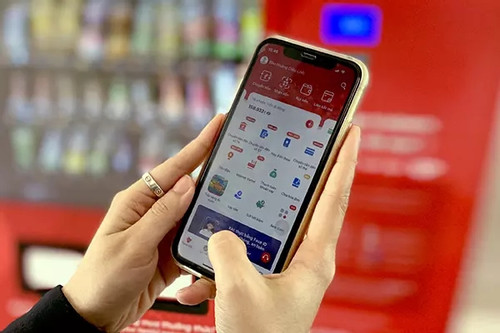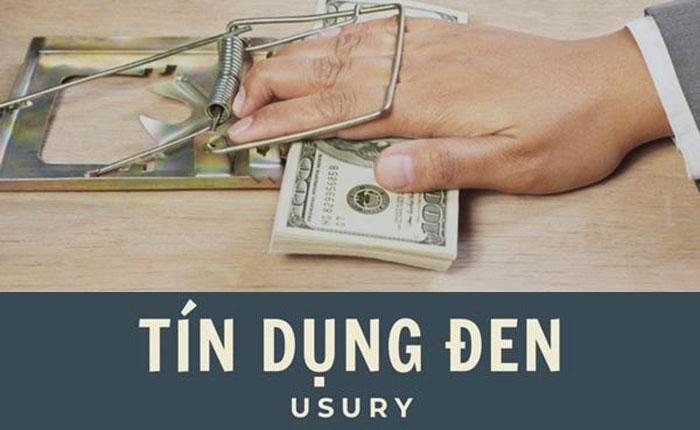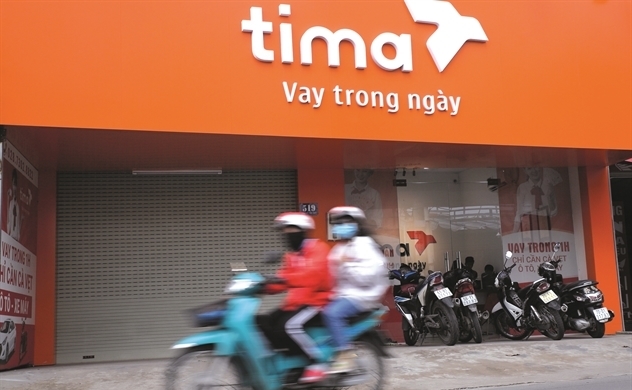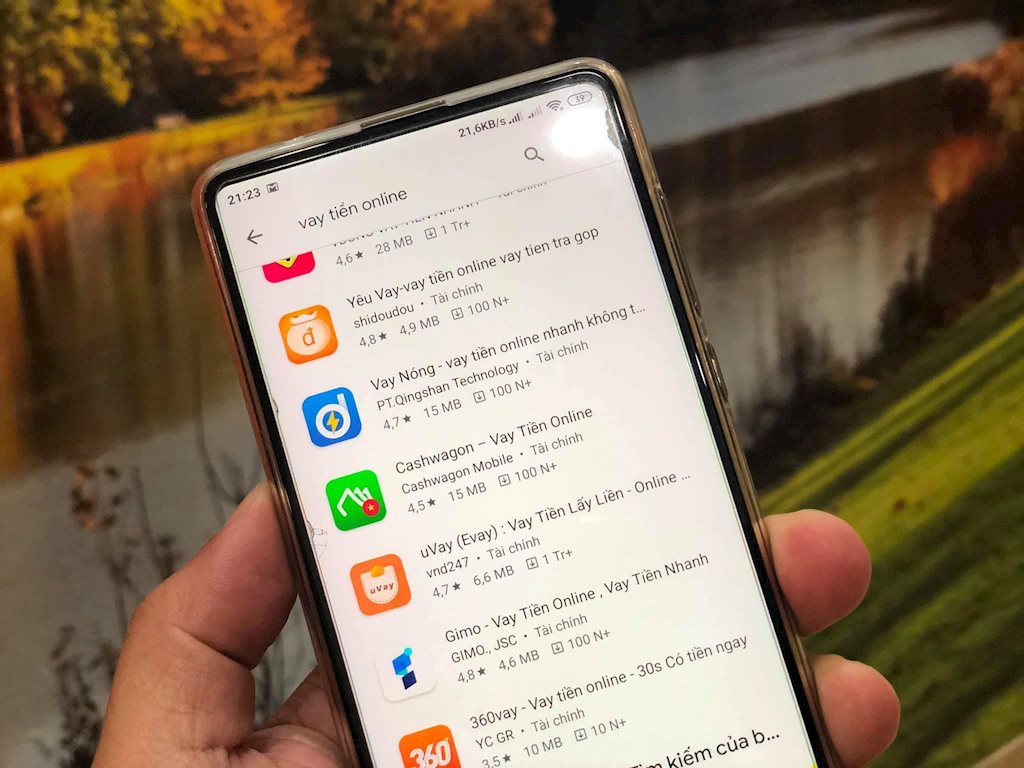- © Copyright of Vietnamnet Global.
- Tel: 024 3772 7988 Fax: (024) 37722734
- Email: evnn@vietnamnet.vn
P2P lending
Update news P2P lending
P2P lending policy is hot issue on National Assembly’s agenda
Governor of the State Bank of Vietnam (SBV) Nguyen Thi Hong says the lack of a legal framework for peer-to-peer (P2P) lending has caused many problems. Ministries plan to issue legal documents on the issue soon.
'Black-credit' lenders pose serious threat to borrowers
Experts have repeatedly rung the alarm bell over black credit, which is causing serious consequences to families and society.
Black credit with interest rates of up to 1,400% per annum bleed borrowers dry
It is now easier than ever to borrow money through apps, but paying back the debts can be difficult since interest rates can be 700-1,400 percent per annum.
VN State Bank designs 'sandbox' for P2P lending
 Peer to peer lending (P2P Lending) will become legal in Vietnam after a draft decree on fintech management is compiled.
Peer to peer lending (P2P Lending) will become legal in Vietnam after a draft decree on fintech management is compiled.
Chinese usury apps set up in Vietnam
 About 60-70 Chinese businesses have come to Vietnam to set up legal entities and provide loans at exorbitant interest rates under the names of Vietnamese businesses, according to Nextech president Nguyen Hoa Binh.
About 60-70 Chinese businesses have come to Vietnam to set up legal entities and provide loans at exorbitant interest rates under the names of Vietnamese businesses, according to Nextech president Nguyen Hoa Binh.
Chinese P2P lenders flock to Vietnam
 After the lending model collapsed in China, many P2P lenders flocked to Vietnam to seek opportunities in the country.
After the lending model collapsed in China, many P2P lenders flocked to Vietnam to seek opportunities in the country.
Credit quotas at banks close to running out mid-year
 The demand for capital in the national economy usually increases in the second half of year. However, banks have nearly used up the credit quotas granted to them.
The demand for capital in the national economy usually increases in the second half of year. However, banks have nearly used up the credit quotas granted to them.
Credit institutions warned about P2P lending
 The State Bank of Vietnam (SBV) has warned Vietnamese credit institutions and foreign banks in the country to be cautious before working with peer-to-peer (P2P) lending companies as there are many risks related to the service.
The State Bank of Vietnam (SBV) has warned Vietnamese credit institutions and foreign banks in the country to be cautious before working with peer-to-peer (P2P) lending companies as there are many risks related to the service.
Online lending boom worries management agencies
Online lending has become more popular, but there is still no legal document and no agency supervising the business activity.
Consumer credit growth rate slows
VietNamNet Bridge - FE Credit and HD Saison have reported lower growth rates as they have had to settle problems arising after a hot development period.
P2P lending feared to trigger black credit
VietNamNet Bridge - Peer to Peer Lending (P2P), under which lenders and borrowers connect via apps, has been developing rapidly in Vietnam.
Peer to Peer lending increasingly popular in Vietnam
VietNamNet Bridge - Peer to Peer, or P2P lending, became more popular over the last year with the establishment of many online lending companies.











